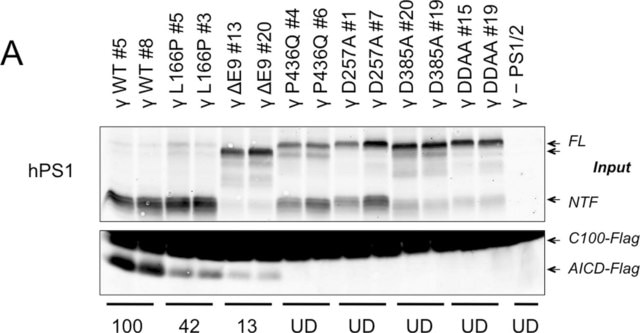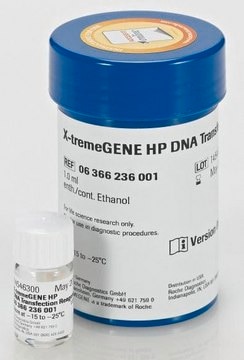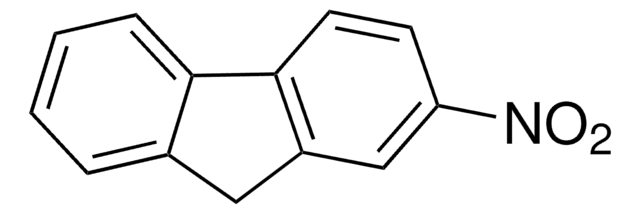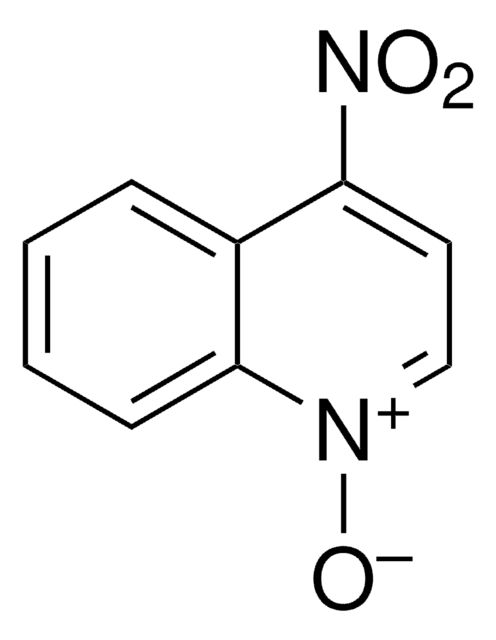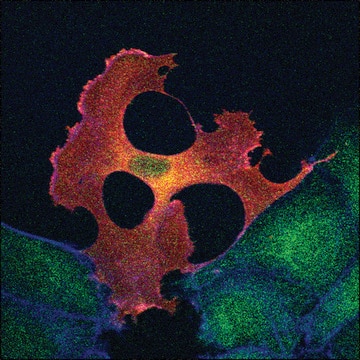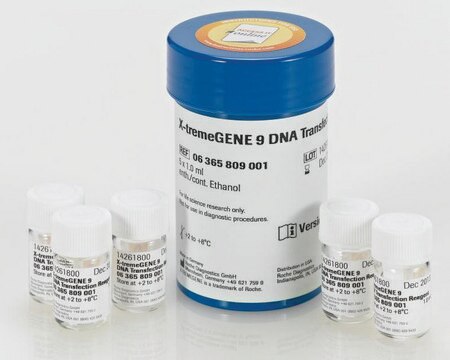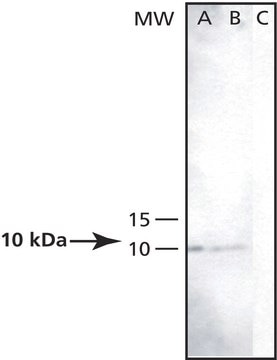N1660
Anti-Nicastrin antibody produced in rabbit

IgG fraction of antiserum, buffered aqueous solution
Synonym(s):
Anti-ATAG1874
About This Item
Recommended Products
biological source
rabbit
Quality Level
conjugate
unconjugated
antibody form
IgG fraction of antiserum
antibody product type
primary antibodies
clone
polyclonal
form
buffered aqueous solution
mol wt
antigen 110 kDa
species reactivity
human, mouse, rat
enhanced validation
recombinant expression
Learn more about Antibody Enhanced Validation
technique(s)
microarray: suitable
western blot: 1:1,000 using minimum working antibody dilution using a whole cell extract of the HEK293 cell line stably transfected with human nicastrin.
UniProt accession no.
shipped in
dry ice
storage temp.
−20°C
target post-translational modification
unmodified
Gene Information
human ... NCSTN(23385)
Related Categories
General description
Specificity
Immunogen
Application
- western blotting
- immunoprecipitation
- co-immunoprecipitation
Biochem/physiol Actions
Physical form
Disclaimer
Not finding the right product?
Try our Product Selector Tool.
wgk_germany
WGK 3
flash_point_f
Not applicable
flash_point_c
Not applicable
Certificates of Analysis (COA)
Search for Certificates of Analysis (COA) by entering the products Lot/Batch Number. Lot and Batch Numbers can be found on a product’s label following the words ‘Lot’ or ‘Batch’.
Already Own This Product?
Find documentation for the products that you have recently purchased in the Document Library.
Articles
Alzheimer's disease (AD) is the most common cause of dementia in the elderly and is characterized by gradual loss of cognitive functions.
Our team of scientists has experience in all areas of research including Life Science, Material Science, Chemical Synthesis, Chromatography, Analytical and many others.
Contact Technical Service